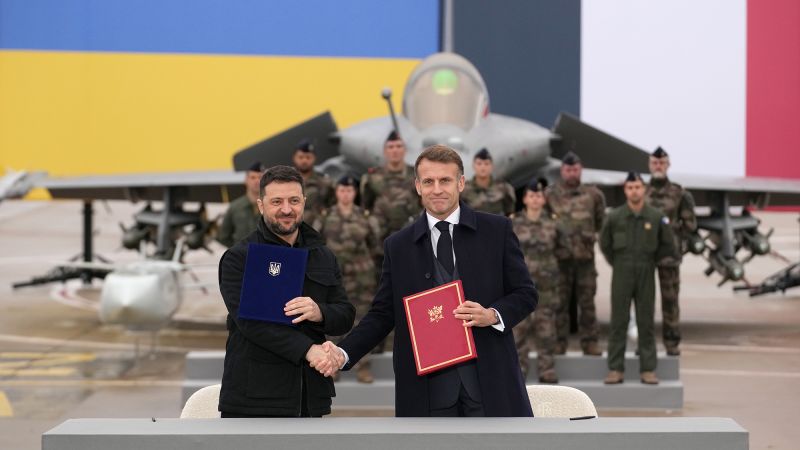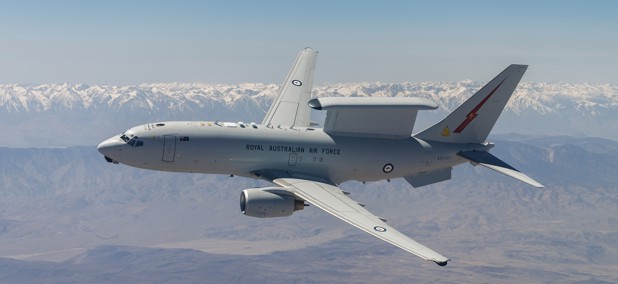In a significant move within the global energy market, Torbjörn Törnqvist, the billionaire founder of Gunvor Group, has acquired the overseas operations of Russian oil producer Lukoil for approximately $2 billion. This deal comes shortly after the company faced stringent U.S. sanctions that have impacted its ability to conduct business internationally.
The acquisition marks a strategic entry for Törnqvist into the lucrative oil markets that Lukoil has operated in, particularly in Europe and Asia. With Russia’s invasion of Ukraine and subsequent sanctions, many Western companies have retreated from the Russian market, creating unique opportunities for those willing to take on the associated risks.
Details of the Acquisition
The deal was finalized in late June 2023, shortly after the U.S. imposed sanctions aimed at crippling Russia’s oil revenue. Lukoil, one of Russia’s largest oil companies, has faced challenges in maintaining its international operations due to these restrictions, which prompted Törnqvist to seize the opportunity.
According to financial analysts, Törnqvist’s move could reshape the landscape of the oil market, particularly as he leverages Gunvor’s extensive trading capabilities. The acquisition includes Lukoil’s assets in several countries, allowing Törnqvist to expand his footprint in Western markets that have been less accessible.
Lukoil’s foreign operations have been pivotal for the company, contributing significantly to its revenue before the sanctions. Analysts estimate that these overseas assets accounted for nearly 30% of Lukoil’s total production prior to the sanctions.
Market Implications and Future Prospects
With energy prices fluctuating and geopolitical tensions affecting supply chains, Törnqvist’s acquisition could have far-reaching implications. The global oil market has seen increased volatility, and Gunvor’s ability to adapt could position it advantageously amidst these changes.
Torbjörn Törnqvist has built his reputation on navigating complex markets and capitalizing on opportunities in the trading sector. His wealth, estimated at over $2 billion, positions him as a key player in the energy sector, particularly in light of the ongoing shifts in global oil supply dynamics.
As Törnqvist integrates Lukoil’s overseas operations into Gunvor’s portfolio, the focus will likely be on optimizing production and establishing trade routes that can withstand geopolitical pressures. Experts believe that if successful, this acquisition could enhance Gunvor’s market share in regions where Russian oil previously dominated.
The move also highlights the broader trend of consolidation in the energy sector, as companies adapt to changing regulations and market conditions. Törnqvist’s strategy could inspire other investors to consider similar acquisitions in the wake of shifting geopolitical landscapes, particularly in energy-rich regions.
As the situation develops, the impact of this acquisition on global oil prices and Lukoil’s market position will be closely monitored by industry analysts and investors alike. The future of Russian oil in a post-sanction world remains uncertain, but Törnqvist’s bold move signals a new chapter in the international oil narrative.







